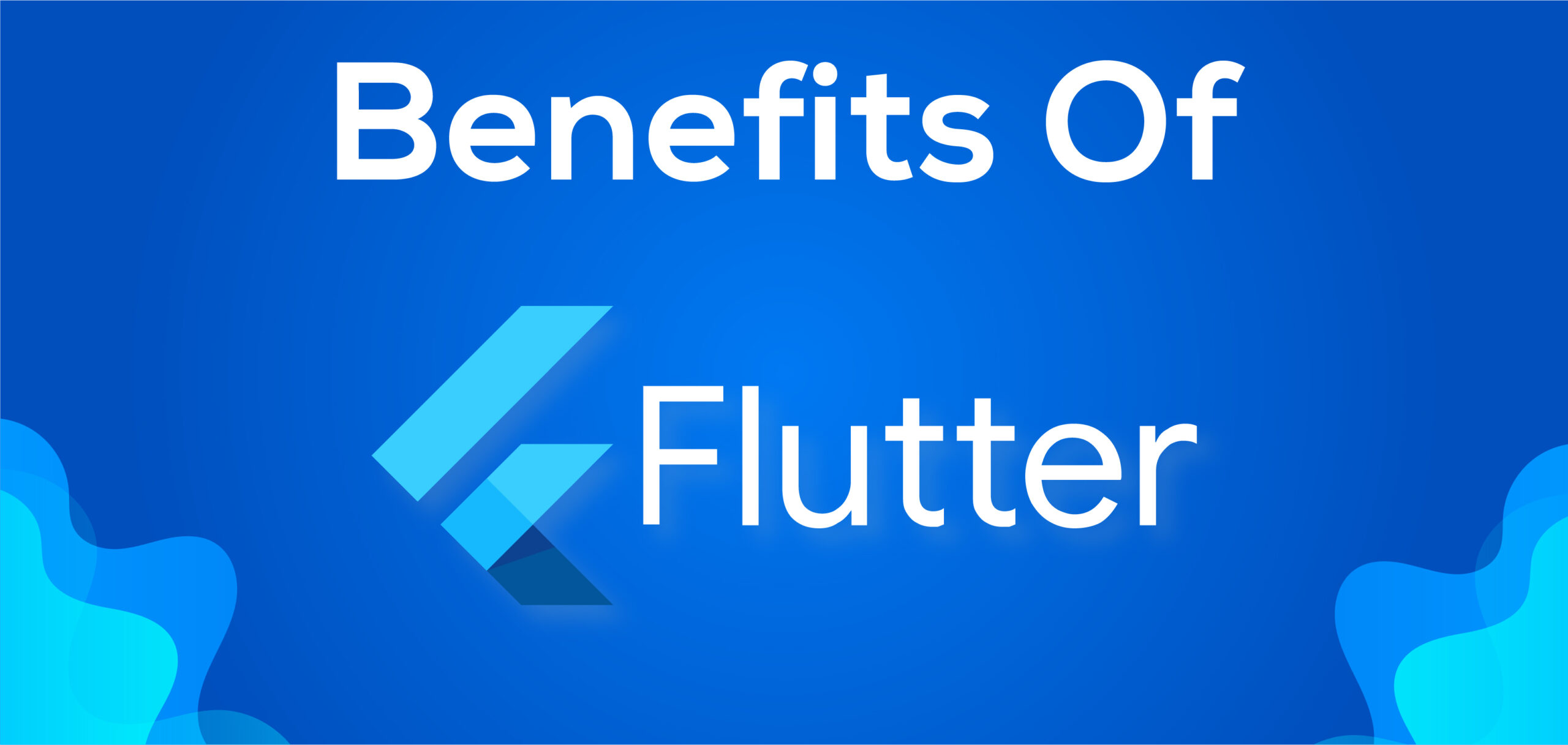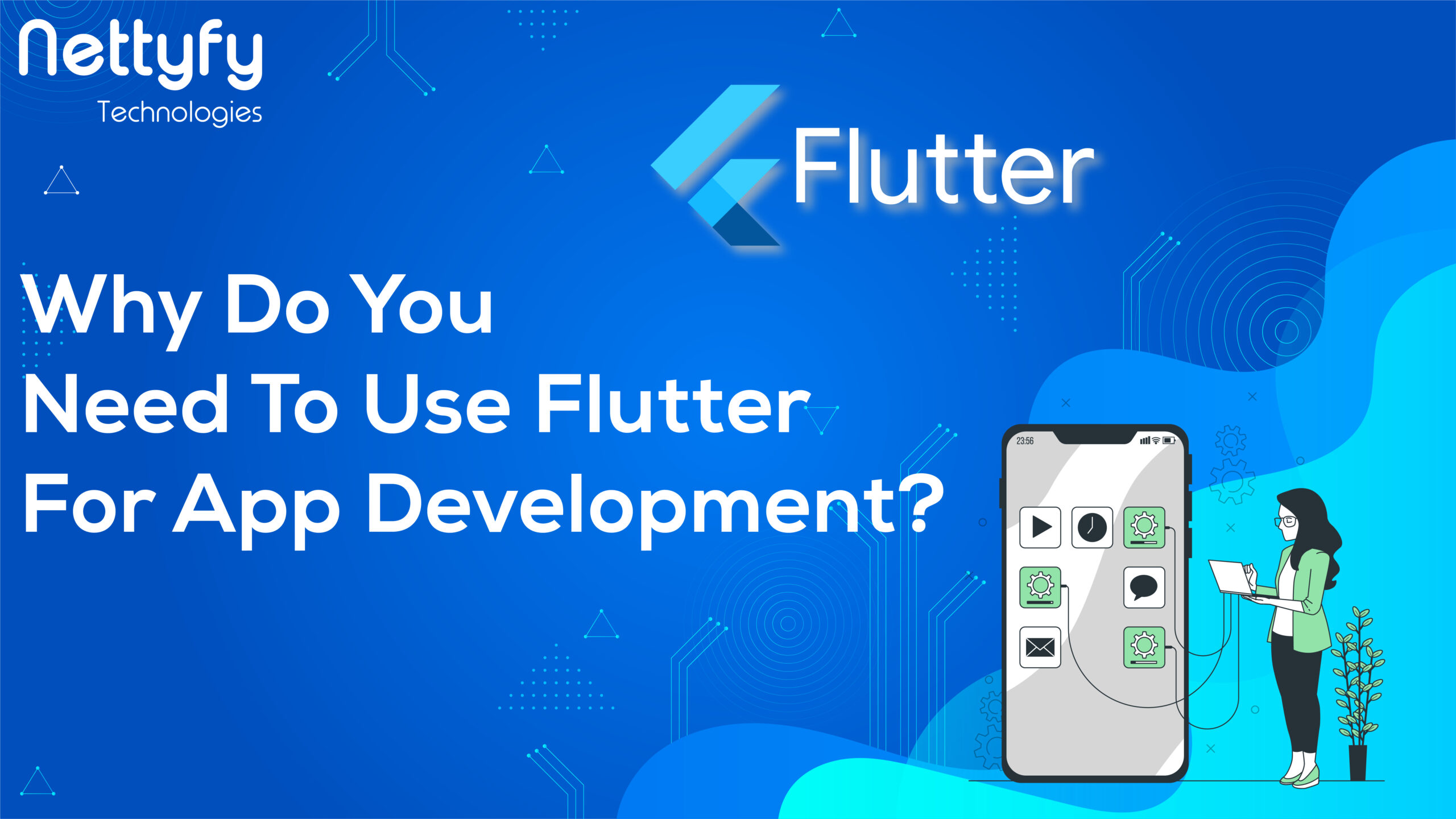Why do you need to use Flutter for App Development? As The best Flutter app development company in USA, UK and India, we are explaining in detail. What’s common between Google Ads, Alibaba, Reflectly, and Birch Finance? They’re all developed using Flutter. According to the Flutter community, more than 100,000 apps have been shipped to hundreds of million devices.
What Is Flutter?
Flutter is a free and open-source mobile UI framework created by Google and released in May 2017. In a few words, it allows you to create a native mobile application with only one codebase. This means that you can use one programming language and one codebase to create two different apps (for iOS and Android).
To develop with Flutter, you will use a programming language called Dart. The language was created by Google in October 2011, but it has improved a lot over these past years.
Dart focuses on front-end development, and you can use it to create mobile and web applications.
If you know a bit of programming, Dart is a typed object programming language. You can compare Dart’s syntax to JavaScript.
Benefits Of Flutter

When it comes to developing applications, developers are not restricted to a single cross-platform mobile framework. You don’t need to develop an iOS and Android app separately. All you need is one codebase for both platforms.
What’s more, Flutter:
● Is free and open source,
● Is based on Dart – a fast, object-oriented programming language which is in itself easy to learn,
● Provide its own widgets, drawn with its own high-performance rendering engine. They are fast, pretty, and customizable,
● Thanks to the rich widgets, Flutter apps look and feel great (you can create your own custom app design, but also use readily available UI elements following specific platforms’ guidelines). Check out the article about Top Apps Made with Flutter.
● The architecture of Flutter is based on the very popular reactive programming of today (the same that React has been made from)
● It’s becoming a serious competitor to React Native, but also to native app development. Read the articles: Flutter vs React Native – what to choose in 2021? and React Native Pros and Cons.
1. Simple Setup With Excellent Documentation
Since Flutter is a Google offering, it’s fully supported by Google’s Material Design team. Due to this support, Flutter app development becomes a lot easier, even for beginners. The framework comes with exhaustive documentation to help developers start a project. The documentation is in-depth and allows developers to resolve all challenges they can encounter during the project.
2. Single Codebase
Since it is a cross-platform framework, it allows programmers to write code once and they can use it on multiple platforms. This means that a single version of an application runs on both iOS and Android. This saves a lot of time and effort in writing code for different platforms, as with native frameworks. This consequently saves a lot on the overall cost of developing and launching the app.
3. Less Testing
If you have the same app for 2 platforms, it means less testing! The Quality Assurance process can be faster. Because of one codebase, the developers write automatic tests only once. What’s more, Quality Assurance specialists have less work to do, because they have only one app to check. Of course, if your apps have some differences, they need to be tested on both platforms.
4. Native App Like Performance
When you hire mobile app developers to build applications on Flutter, you get fast execution on any platform. This is because it uses Dart programming language, which is fast, simple, and can easily compile into native code. It improves the performance of the application as compared to any other app development platform.
5. Use Of Custom Widgets
Flutter offers a myriad of widgets to help developers in their creation process. It makes designing a basic user interface much easier and faster. All you need to do is create a UI element once and it will adapt to different resolutions, screens, and platforms. You can even wrap one widget inside another to enable different functions.
6. Low Cost App Development
Flutter provides more efficient development work and, accordingly, to develop an application requires less man-hours. At the same time, the cost of an hour is at the average market (and sometimes even lower) level. As a result, the cost of the application on Flutter is lower than when using other cross-platform languages or native development.
7. Ideal For Startup MVPs
If you want to show your product to investors as soon as possible, Flutter is a good choice.
Here are my top 4 reasons to use it for your MVP:
● It’s cheaper to develop a mobile application with Flutter because you don’t need to create and maintain two mobile apps (one for iOS and one for Android).
● One developer is all you need to create your MVP.
● It’s performant – you won’t notice the difference between a native application and a Flutter app.
● It’s beautiful – you can easily use widgets provided by Flutter and personalize it to create a valuable UI for your customers (you can find examples of applications made with Flutter below).
8. Larger Community Support
Thanks to Google, Flutter is backed by large community support. The 25k GitHub shows the growing popularity of Flutter. Besides, Google itself looks into bugs encountered by developers using Flutter. So, if you hire Flutter developers, these queries will be easily resolved.
9. Integration With Existing Apps
Let’s say you have an existing mobile app on a native code, and now you want to run it on Flutter. Would you ask your developers to write a new code from scratch? With Flutter, you don’t need to do that. The onboarding process for Flutter is easy, and you can migrate your app to the framework without writing new code.
Final Words
As you can see, Flutter is one of the most innovative mobile technologies on the market right now. For businesses looking to create applications on both iOS and Android, Flutter is a great option. If you are seeking apps with amazing UI and high performance — Flutter is the best option as well.
